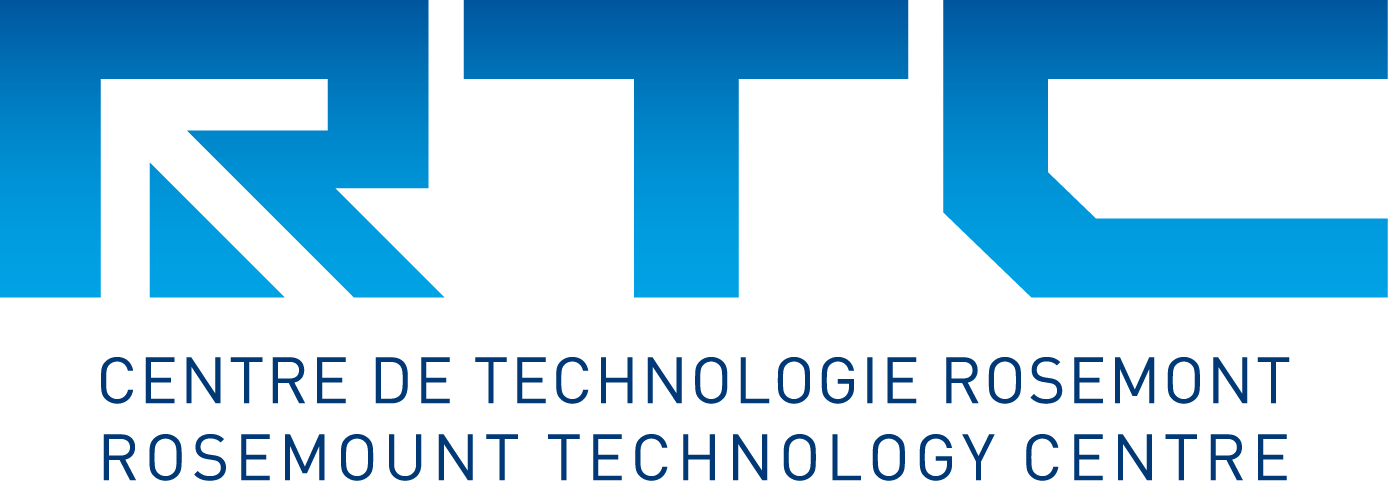Sep 20 2019
info@rosemount-technology.qc.ca
Furniture Finishing
About Furniture Finishing
To enable the student to acquire the knowledge, skills and attitudes required to perform tasks such as finishing used and new furniture; mixing opaque colours, the application of special finishes, preparation of wood surfaces, acquire the knowledge of health and safety rules and measures; knowledge of furniture styles, and starting a small business.
Program Outline
Program overview
List of competencies
Employment Prospects
Program overview
The Furniture Finishing program leading to a DEP is a 900 hour course.
Day program: approximately 8 months.
Evening program: approximately 9 months
List of competencies
| Program Modules | |||
|---|---|---|---|
| The Trade and the Training Process Students explore the trade by visiting a number of companies, and discuss acquired technical and life skills that they can apply to their study of furniture finishing. | |||
| Health & Safety Occupational safety and work site hazards are studied and discussed. | |||
| The Theory of Colour The theory of colour and the colour wheel are discussed. Attention is given to primary and secondary colours as well as hues shades and tones. | |||
| Mixing Opaque Colours Colour theory and its application in the matching of colours is discussed. Practical exercises give the student the opportunity to apply this theory and develop their skill in matching colours. | |||
| Finishing Products Various types of stains and coatings are introduced. The characteristics of these finishes are discussed. Finishing problems and solutions are studied. Students will experiment with various products to familiarize themselves with their characteristics. | |||
| Surface Preparation Preparation for finishing varies according to the material. The correct techniques are discussed and practical exercises are done. | |||
| Finishing Systems The use of spray equipment and its maintenance is taught. Correct procedures and order of operations are discussed to ensure the appropriate choice of equipment and materials is made. | |||
| Finishing New Furniture Then preparation of new furniture surface is covered with attention given to the difference between finishes for indoor versa outdoor goods. Methods of application are discussed. | |||
| Touch Ups Repair of finish defects is an important aspect and all methods of repair are discussed. Practical workshops are an integral part of the instruction. | |||
| Furniture Styles Styles in furniture are many, and varied. The characteristics of each of the major styles is discussed with attention given to the type of finish that was in use during that time period. | |||
| Furniture Stripping The nature of the finish to be removed determines that type of removal method to be employed. The pros and cons of each method is discussed in class. | |||
| Special Finishes Students learn the technique of painting faux finishes such as marble, wood and as well as cracked lacquer and other techniques. The application of gold leaf is also taught. | |||
| Finishing Used Furniture The refinishing of used goods has its particular problems. The pit falls of this task are discussed so as to prepare the student to be able to complete the task with confidence. | |||
| Furniture Restoration Used furniture most often requires repairs of some sort. Methods of repair of the different types of damage that might be encountered are discussed, and repair methods are demonstrated. The student will then attempt the restoration of a piece of furniture. | |||
| Starting A Small Business The practical knowledge of starting a business is taught. Financial, legal site location advice is given. The preparation of a resume is also presented. | |||
| Practicum This 2-week module requires that the student work in industry at three different types of businesses. This affords the student the opportunity to apply his acquired knowledge and also learn additional finishing techniques in the trade. The varied choice of businesses allows the student to compare companies and make an informed choice of where he or she would like to seek employment. | |||
| Total |
Employment Prospects
- Cabinet & Wood Furniture Finisher
- Antique & Old Furniture Finisher
- Touch-Up & Repair Finisher
- Aircraft Cabinetry Finisher
- Architectural Finisher
Start Date
No event found!
Fees
Registration: $180
Toolbox: $250
Total: $430
Schedule
Monday to Friday
Day: 8:00–3:20
Evening: 5:00–10:00pm
Certification
Diploma of Vocational Studies (D.V.S)
Diplômes d’etudes professionel (D.E.P.)
